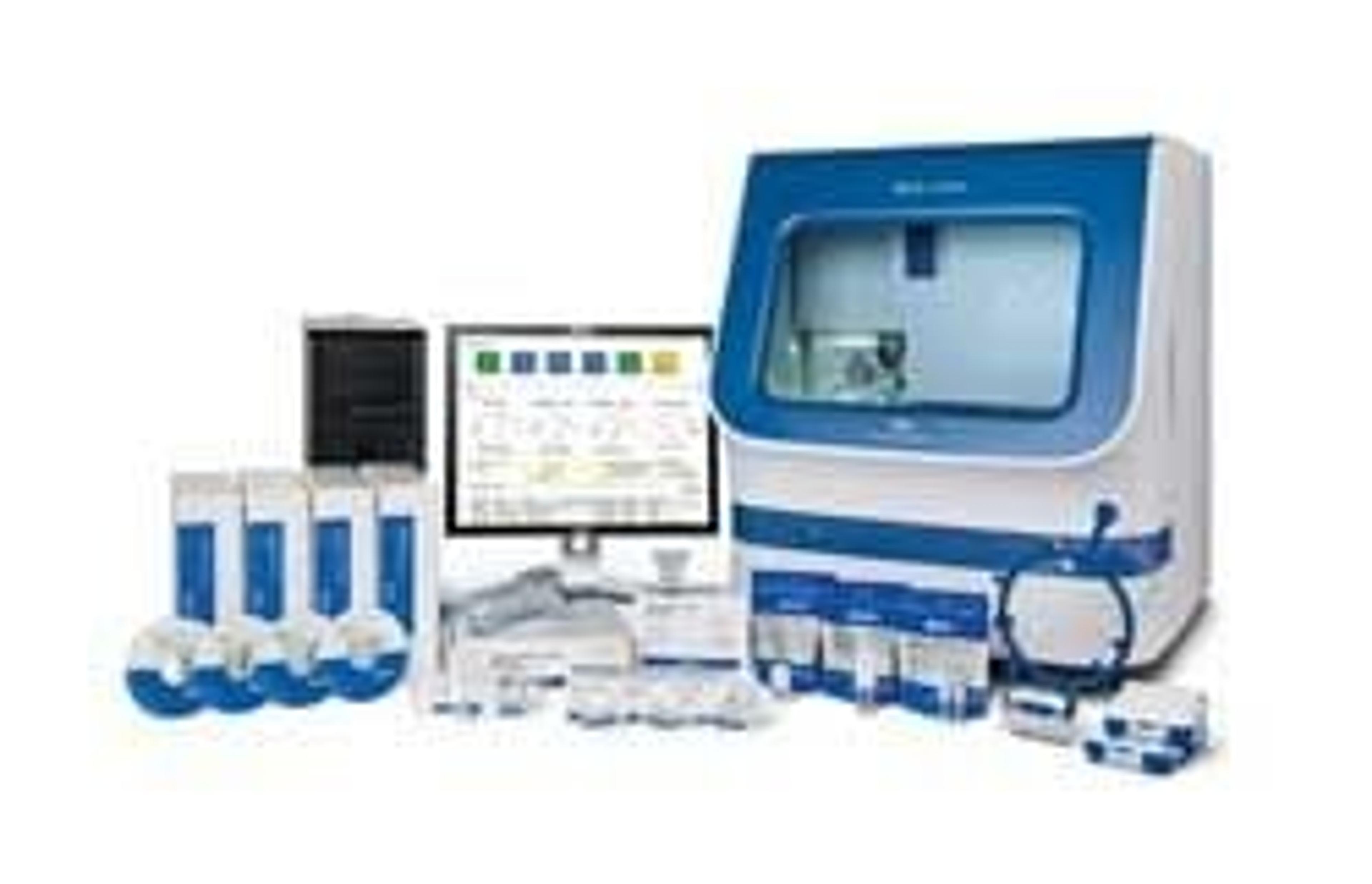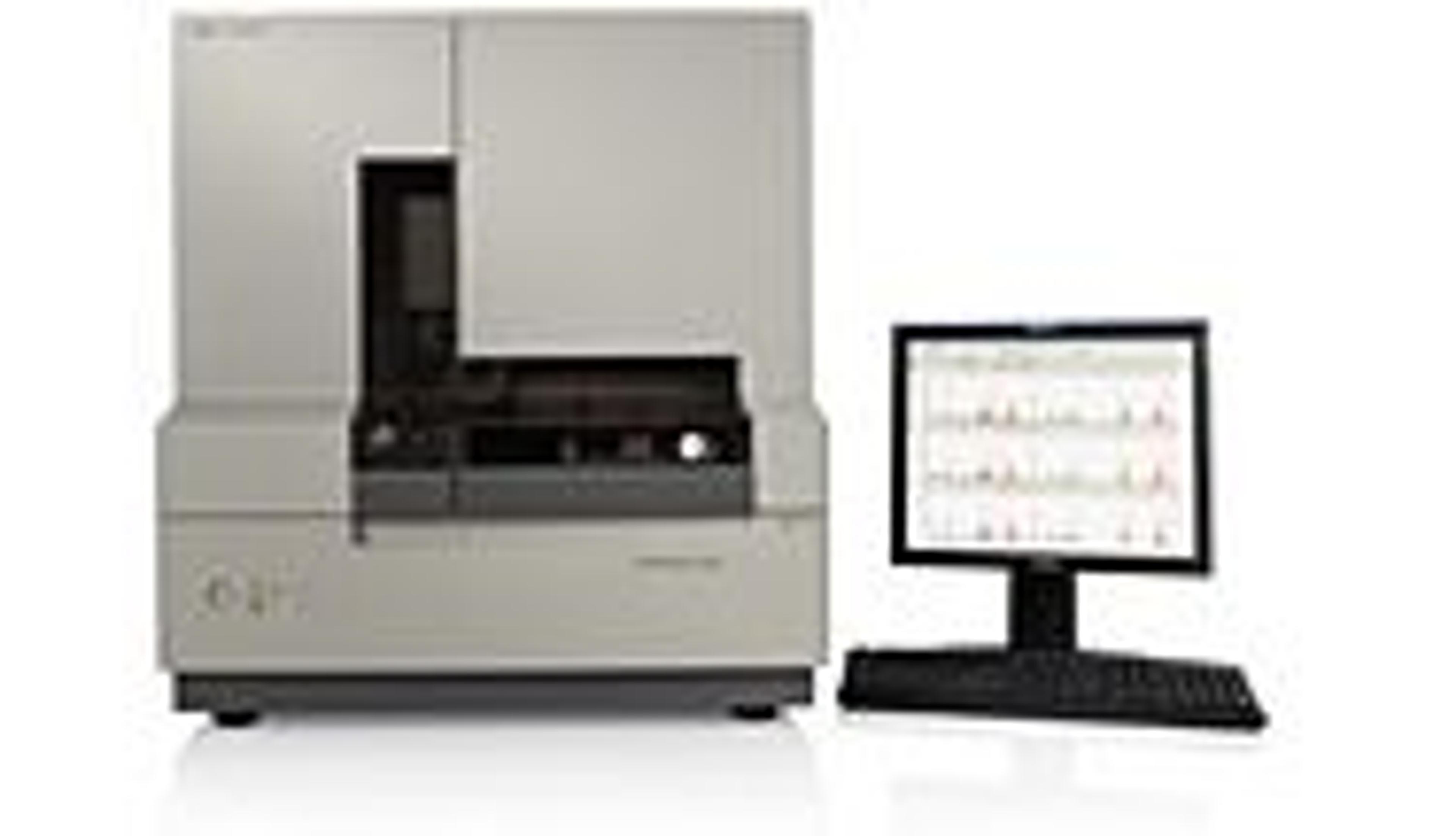Rapid COVID-19 genome sequencing aids outbreak investigations
New Ion AmpliSeq SARS-CoV-2 Research Panel assists with contact tracing to identify coronavirus hot spots
10 May 2020
As countries begin to ease restrictions and allow some businesses to reopen, contact tracing and epidemiological studies will be critical to understand resurgence of potential COVID-19 outbreaks. Scientists not only need to know who is infected, they also need to rapidly identify which strain of the virus is spreading. To expedite such analysis, Thermo Fisher Scientific has optimized its Ion AmpliSeq SARS-CoV-2 Research Panel for the Ion Torrent Genexus System.
Next-generation sequencing (NGS) provides scientists a high-throughput method to quickly analyze the virus' genetic code and trace its origin. Doing so with the Genexus System, the first automated NGS platform with the simplest-to-use design, can provide results in about 24 hours. This newest offering expands Thermo Fisher's broad portfolio of genetic analysis tools now available to support COVID-19 research.
"The desire to get the global economy moving again responsibly is driving the need for advanced NGS technology that can quickly track the virus and enable health agencies to determine next steps," said Peter Silvester, senior vice president and president of Life Sciences Solutions at Thermo Fisher Scientific. "Access to rapid, simple and automated sequencing with the Genexus System can accelerate development of critical data to help stay ahead of COVID-19."
The Ion AmpliSeq SARS-CoV-2 Research Panel, previously designed to run on the Ion GeneStudio S5 System, has already helped trace the virus in a real-world setting. When a patient and his mother showed signs of COVID-19 simultaneously with four health care workers in the pediatric intensive care unit (PICU) at Children's Hospital Los Angeles, there was immediate concern about transmission between patients and frontline health care workers.
To verify the safety of the hospital for patients and staff, testing was initiated. The health care workers tested positive by polymerase chain reaction (PCR), and the Center for Personalized Medicine at Children's Hospital Los Angeles performed NGS sequencing on their samples. Comparative analysis showed that, not unexpectedly, the mother and son had nearly identical strains of the virus that originated in Utah, with links to Europe, while the four health care workers had strains only distantly related to each other and to the family. This confirmed that there was no transmission between the patient family and the health care workers. Further, the health care workers acquired the virus from community spread and not from the patient and family member.
"The NGS sequence data permitted Children's Hospital Los Angeles to draw conclusions within 48 hours of sample procurement from the six individuals," said Timothy J. Triche, M.D., Ph.D., co-director, Center for Personalized Medicine, Children's Hospital Los Angeles. "This information gave leaders at our institution greater confidence in our ability to provide a safe environment for our patients and our team members."
Thermo Fisher introduced the Genexus System in November 2019 as a versatile, turnkey solution with a simple-to-implement workflow. The platform's ease of use has been developed to provide all researchers – regardless of expertise level – access to the power of NGS technology. Its unprecedented speed to results and automation is designed to accelerate a broad range of applications, including oncology, infectious disease and reproductive health, among others. In March 2019, the company launched the Ion AmpliSeq SARS-CoV-2 Research Panel, which is listed as a resource on the U.S. Centers for Disease Control and Prevention website for laboratories that intend to sequence SARS-CoV-2 coronavirus samples.
Do you use Thermo Fisher products in your lab? Write a review today for your chance to win a $400 Amazon gift card>>


